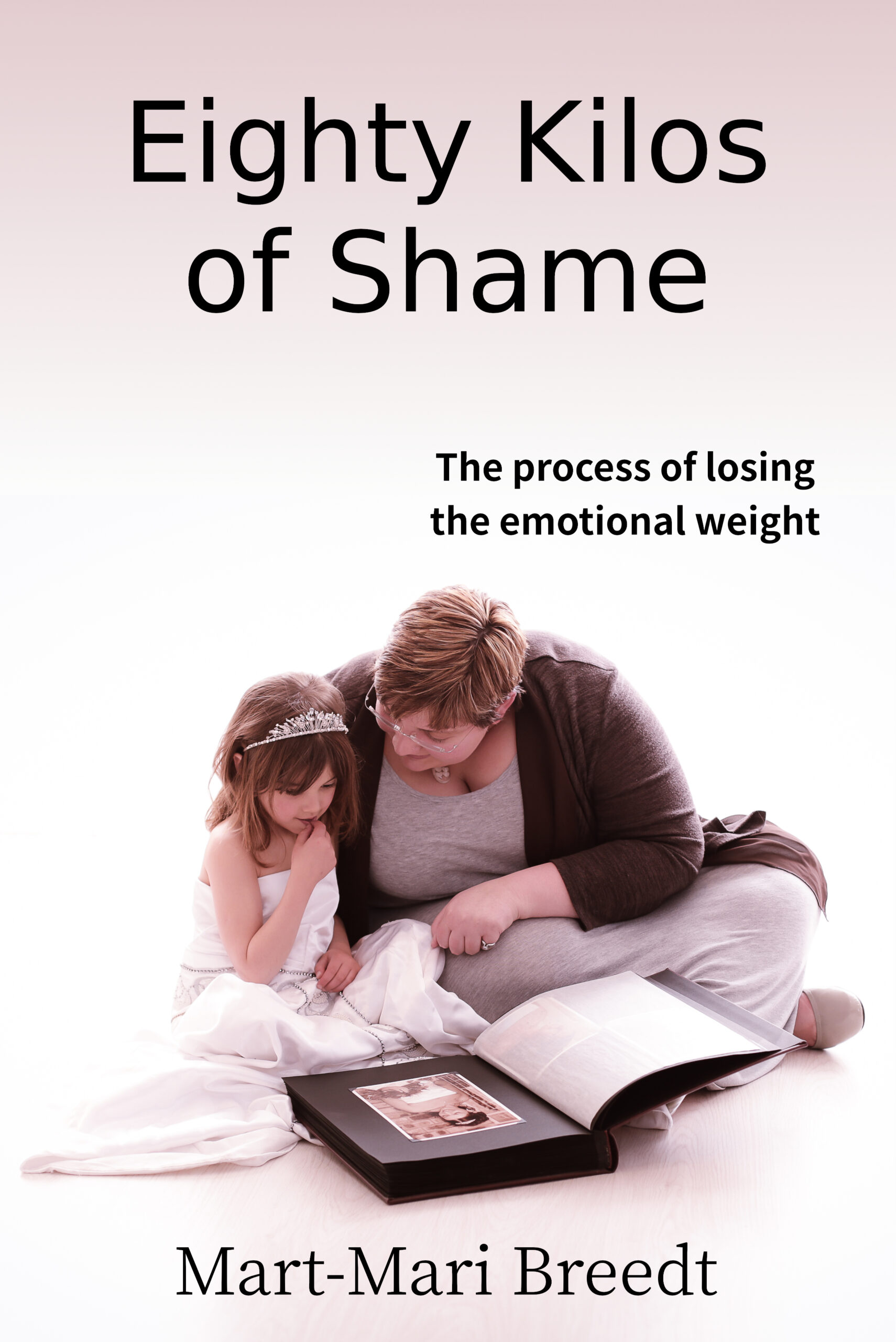
The reason most diets fail
This past week, a post in a weight loss group I follow struck a chord:
“I so desperately want to join but am afraid I’ll fail again.”
This post makes it seem like there are only two options: either you’re following a program or you’re not (and there’s a leap of faith to take between the two options). But it’s not that simple. There’s more nuance to it. Yet, many hold onto this binary belief, which, in my opinion, is the main reason why most diets fail.
When starting a new eating plan, many dive in headfirst. But when they stumble, they often fall spectacularly, returning to old habits with fervour. Or their motivation just lasts while there are results. The moment they regress or hit a plateau, their fallback is not to keep sticking at it consistently but rather to give up.
I’ve battled obesity since the age of four. My younger sister faced the same struggles. I recall our teenage conversations, longing to shed excess weight so we could eat “normally” again. But for us, normal eating wasn’t healthy at all. Back then, we viewed diets as temporary, a necessary evil to endure until we could return to our old ways.
As I’ve grown older, I’ve learned that weight loss isn’t a one-off endeavour. It requires a lifelong commitment. Maintaining lost weight is tough, as is sticking to a chosen eating plan to lose weight – a harsh reality for many. But it’s not about black-and-white thinking. In a world where permanent change is the goal, an all-or-nothing mindset doesn’t work. It’s about embracing an ‘always something’ approach, allowing the occasional slip-up.
For almost five years now, I’ve lived by this mantra. It’s reshaped my relationship with food and led me to a balance between following my plan and enjoying life’s pleasures. Though I’m still navigating this journey, I’m closer than ever to the stable, healthy lifestyle I’ve always yearned for.
Do you agree with me? Do you also think the inability to embrace an ‘always something’ approach is the main reason most diets fail?

